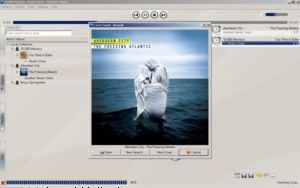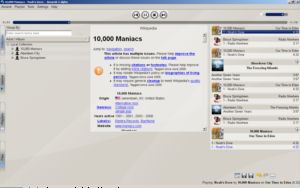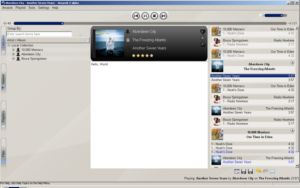I’m at València, Spain for Guademy 2008.
Guademy is a combined Gnome + KDE conference, hence the name (Guadec + aKademy), where developers of both desktops (actually every free desktop developer is invited) try to improve collaboration. IMHO it should be renamed to “Freedesktop.org Conferences” because that’s what it actually is.
I’ve seen some frienly faces I knew from other FLOSS events (Aleix Pol, Rodrigo Moya, Carlos Garnacho, Will Stephenson) and I’ve met people I had only read so far (Jos Poortvliet, Holger Freyther). There are some people that were not under my radar, too (Richard Hughes, Vincent Untz).
Yesterday we had talk about QtWebkit by Holger. He tried to show us how good Qt integration with Webkitwas. But he failed. Miserably. It’s not good. It’s AMAZING. Thanks to QtWebkit, he was able to wrote a browser with tabs, cookie management, bookmarks and plugin support in 7800 (seventy eight hundred) lines of code. In five days. The only thing missing was SSL certificate management. Awesome. I provided live translation to Spanish, for non-English speaks.
In the afternoon we had a couple of talks about FreeDesktop.org by Rodrigo, Will and Vicent. In the end, I think the problem with FreeDesktop.org is Gnome and KDE are just suggesting, instead of strongly demanding, their developers to work together.
After that, Aleix talked about KDevelop 4 and demoed it. I have to say I’m gratefully surprised by its progess. Last time I tested it (like 5 months ago), it was totally useless. Currently it works and it works reasonable well. I may start using it soon.
After so much talk, we were quite tired and hungry and went to Los Bestias (“The Rudes”) for dinner. It’s not the typical Spanish restaurant, it’s a “funny restaurant”: the bartender threw (literally) salted peanuts all over the our table, they brought us urinaries with beer and sangria, etc. It was quite funny, IMO.
There are two more days of Guademy, I’ll post more tomorrow.



